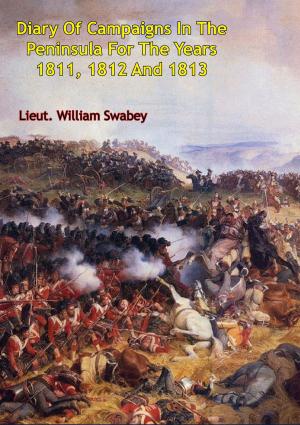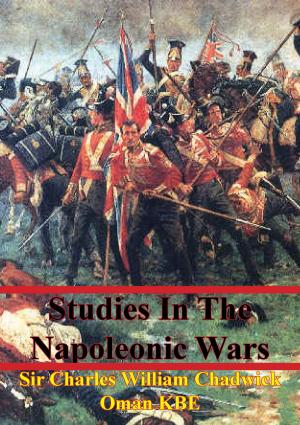The Baton In The Knapsack: New Light On Napoleon And His Marshals
Nonfiction, History, Spain & Portugal, France, Military| Author: | Laurence Currie | ISBN: | 9781786253729 |
| Publisher: | Wagram Press | Publication: | November 6, 2015 |
| Imprint: | Wagram Press | Language: | English |
| Author: | Laurence Currie |
| ISBN: | 9781786253729 |
| Publisher: | Wagram Press |
| Publication: | November 6, 2015 |
| Imprint: | Wagram Press |
| Language: | English |
THE purpose of this book is to sketch briefly the career of Napoleon, especially his relations with his marshals, and to consider how far the marshals were responsible for the rise of the Napoleonic Empire and how some of them at any rate contributed to its fall.
It was a saying among the rank and file of the armies of revolutionary France that every soldier carried in his knapsack the bâton of a marshal. This was to prove truer than is usual with such dicta; for more than half of Napoleon’s marshals did actually arise from the ranks.
In reviewing the period, the student of history can hardly fail to be fascinated by the deeds of valour casting a halo of romance over the entire epoch and to feel that wars productive of so many heroes can hardly have been fought in vain.
Mechanical inventions have since degraded the art of war, robbed it of all glamour and added greatly to its horrors. Cavalry charges, such as those which proved decisive at Marengo and at Friedland, are now impossible; but, so long as mankind takes any interest in the past, the story of these mighty contests will always stir the imagination and perhaps excite the envy of future generations.
THE purpose of this book is to sketch briefly the career of Napoleon, especially his relations with his marshals, and to consider how far the marshals were responsible for the rise of the Napoleonic Empire and how some of them at any rate contributed to its fall.
It was a saying among the rank and file of the armies of revolutionary France that every soldier carried in his knapsack the bâton of a marshal. This was to prove truer than is usual with such dicta; for more than half of Napoleon’s marshals did actually arise from the ranks.
In reviewing the period, the student of history can hardly fail to be fascinated by the deeds of valour casting a halo of romance over the entire epoch and to feel that wars productive of so many heroes can hardly have been fought in vain.
Mechanical inventions have since degraded the art of war, robbed it of all glamour and added greatly to its horrors. Cavalry charges, such as those which proved decisive at Marengo and at Friedland, are now impossible; but, so long as mankind takes any interest in the past, the story of these mighty contests will always stir the imagination and perhaps excite the envy of future generations.















